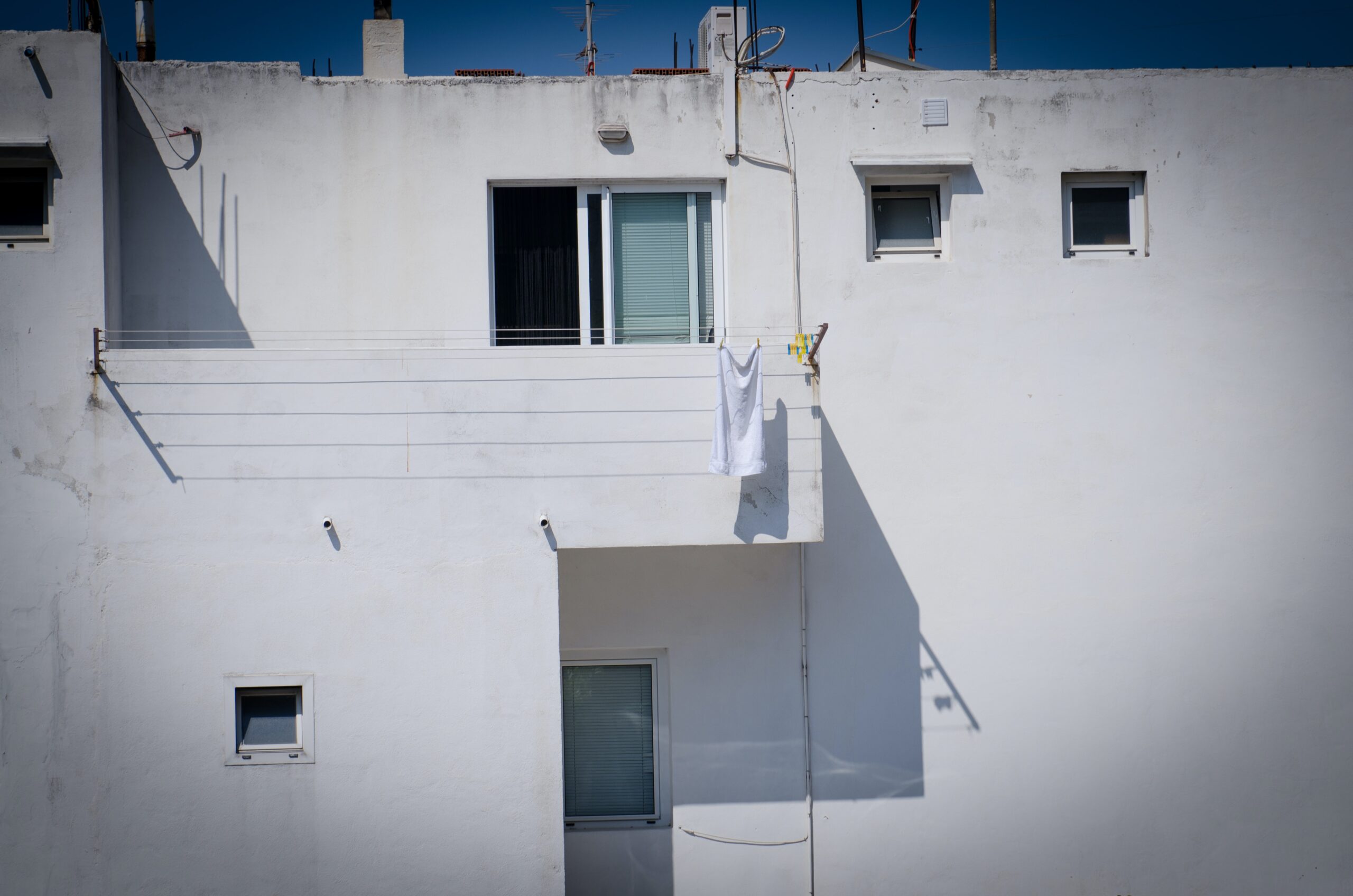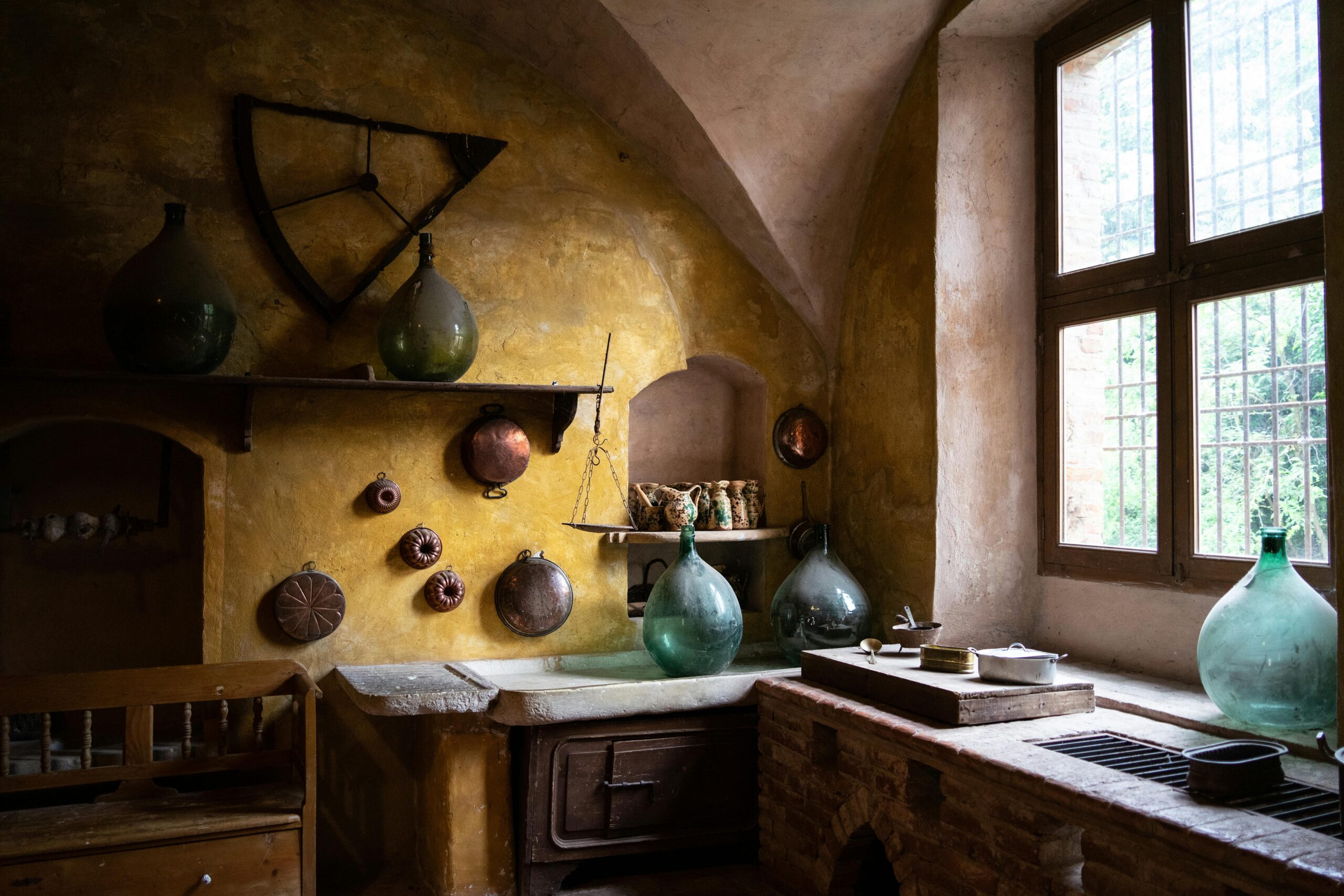Whether you’re buying your first home, a “forever home” for your family, or a rental property to help you make money, you’ll have your choice of properties to buy. For many consumers, the thought of buying a brand-new home is appealing; it’s a place no one has lived before and offers clean, reliable installations—with the promise of little to no maintenance in the future.
Read More at the retractable screen door
However, buying an older home can also be advantageous—you just have to know what you’re getting into. Before moving forward with your home purchase, consider these pros and cons of buying an older home.
Advantages of Older Homes
Let’s start with some of the advantages of buying an older home:
- Uniqueness. First, older homes tend to offer more uniqueness and a charm that’s hard to replicate with a newer home. In many cases, new developments are designed so that all the houses look similar—if not identical. If you want to stand out, or if you want your home to reflect your personality, this isn’t ideal. Additionally, older homes tend to come with unique features that are hard to find in the modern era, like glass doorknobs and old-fashioned fireplaces.
- Price. In general, new homes tend to be more expensive. Depending on where you look, you’ll likely be able to find an older home for a better deal. There are some downsides responsible for the lower price, but if you’re shopping for a new home on a budget, old is the better option.
- Location. If you’re going to buy a new home, you may be limited in your location choice. In some areas, you may be able to buy an older home, tear it down, and build from scratch, but this is also ridiculously expensive. If you decide to buy an old home, you’ll have a much wider range of areas to choose from.
- Availability. Similarly, there are more old homes available than in new homes. There are more than 138 million housing units in the United States as of 2018, and many of those homes were built years to decades ago. Additionally, there’s a wide range of variance in “older” properties; depending on how they were built and cared for over the years, they may offer very different advantages and disadvantages.
- Opportunities. Older homes offer substantial opportunities. If you choose the right property, it may appreciate indefinitely, ultimately increasing the value of your investment. You can also choose to make various upgrades to the home as you see fit, improving its functionality and eventually boosting its resale price.
Disadvantages of Older Homes
That said, there are some disadvantages to buying an old home:
- Ownership history. If you like the idea of your property being true “yours,” you may not like the idea of someone before you owning this property for years. You may also have to deal with the leftover consequences of the previous owner’s taste, choices, and habits—at least until you decide to make improvements.
- Inefficiency. Older homes are notoriously energy inefficient. In many cases, they’re outfitted with old doors and windows, which tend to leak air. In some older homes, there’s little to no insulation. The result is that you’ll pay more to heat and/or cool your home, and your home may be less comfortable in the meantime. You can upgrade a home to fight against this, but this costs time and money.
- Dated looks. While many people find older homes charming and intriguing, some people feel they only look dated. Old styles of architecture may look ugly to you, and there’s only so much you can do to make improvements.
- Maintenance issues. One of the biggest issues with older homes is the number of maintenance issues they present. Old plumbing systems, electrical wiring, and foundation problems can all be very costly to repair, and with older components, there’s a much higher chance of something going wrong. Accordingly, you’ll need to budget more for potential repairs.
- Higher insurance costs. In most cases, you’ll end up spending more money on home insurance if you have an older home. That’s because older homes tend to be more vulnerable to fires and other natural disasters. In the long run, it can cost you thousands of dollars.
These pros and cons of buying an older home may be more or less evident with certain individual properties. For example, you may find a home built nearly a century ago that’s been upgraded and well-cared for, so it has far fewer maintenance issues than its contemporaries. Unless you have strong personal preferences, try to keep an open mind, and review a wide range of different types of properties before making your final decision.




One thought on “The Pros and Cons of Buying an Older Home”
Comments are closed.